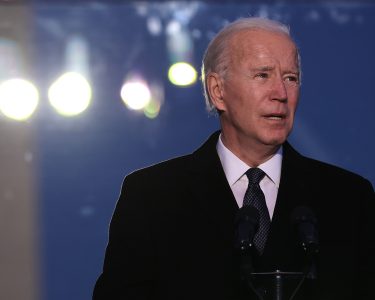The United Nations (UN) was founded in 1945 with the aim of promoting international cooperation and maintaining world peace. Over the years, the role of the UN in global politics has evolved, with the organization playing a key role in addressing a wide range of issues, from conflict resolution to poverty reduction to climate change. In this article, we will explore the history and current role of the UN in global politics.
The UN was founded after the devastation of World War II, with the goal of preventing such a catastrophic conflict from ever happening again. The organization’s charter outlines four main purposes: to maintain international peace and security, to develop friendly relations among nations, to promote social progress and better living standards, and to protect human rights. These purposes are carried out through a range of bodies within the UN, including the Security Council, the General Assembly, and various specialized agencies.
One of the key roles of the UN in global politics is conflict resolution. The Security Council is responsible for maintaining international peace and security, and has the power to authorize military action to address threats to peace. The UN has played a crucial role in ending conflicts and promoting peace in a number of regions, including the Balkans, West Africa, and the Middle East. The UN has also established peacekeeping missions in a number of countries, sending troops to areas affected by conflict to maintain peace and provide humanitarian aid.
In addition to conflict resolution, the UN is also involved in promoting economic development and reducing poverty around the world. The UN’s specialized agencies, such as the United Nations Development Programme (UNDP) and the World Health Organization (WHO), work to address issues such as hunger, disease, and lack of access to education. The UN’s Millennium Development Goals, established in 2000, set targets for reducing poverty, improving health and education, and promoting sustainable development. While progress has been made in many areas, there is still much work to be done to achieve these goals.
Another key role of the UN in global politics is promoting human rights. The UN’s Universal Declaration of Human Rights, adopted in 1948, sets out a framework for protecting the rights and dignity of all people. The UN has established a number of bodies and mechanisms to monitor and promote human rights, including the Office of the High Commissioner for Human Rights and the Human Rights Council. While the UN has made significant progress in promoting human rights around the world, violations continue to occur in many countries, and the UN’s efforts to address these violations are often hindered by political considerations and lack of resources.
The UN also plays an important role in addressing global challenges such as climate change and pandemics. The UN’s Intergovernmental Panel on Climate Change (IPCC) has been instrumental in raising awareness about the risks of climate change and promoting international cooperation to address the issue. The UN has also been at the forefront of the global response to the COVID-19 pandemic, working to coordinate international efforts to contain the virus and ensure equitable access to vaccines.
In conclusion, the role of the UN in global politics is multifaceted and far-reaching, encompassing everything from conflict resolution to poverty reduction to human rights. While the UN has made significant progress in addressing these issues, much work remains to be done. The organization faces a number of challenges, including political polarization and lack of resources, but its role in promoting international cooperation and addressing global challenges is more important than ever. As the world continues to face complex and pressing issues, the UN will remain a key player in shaping the future of global politics.




